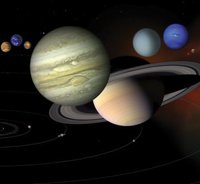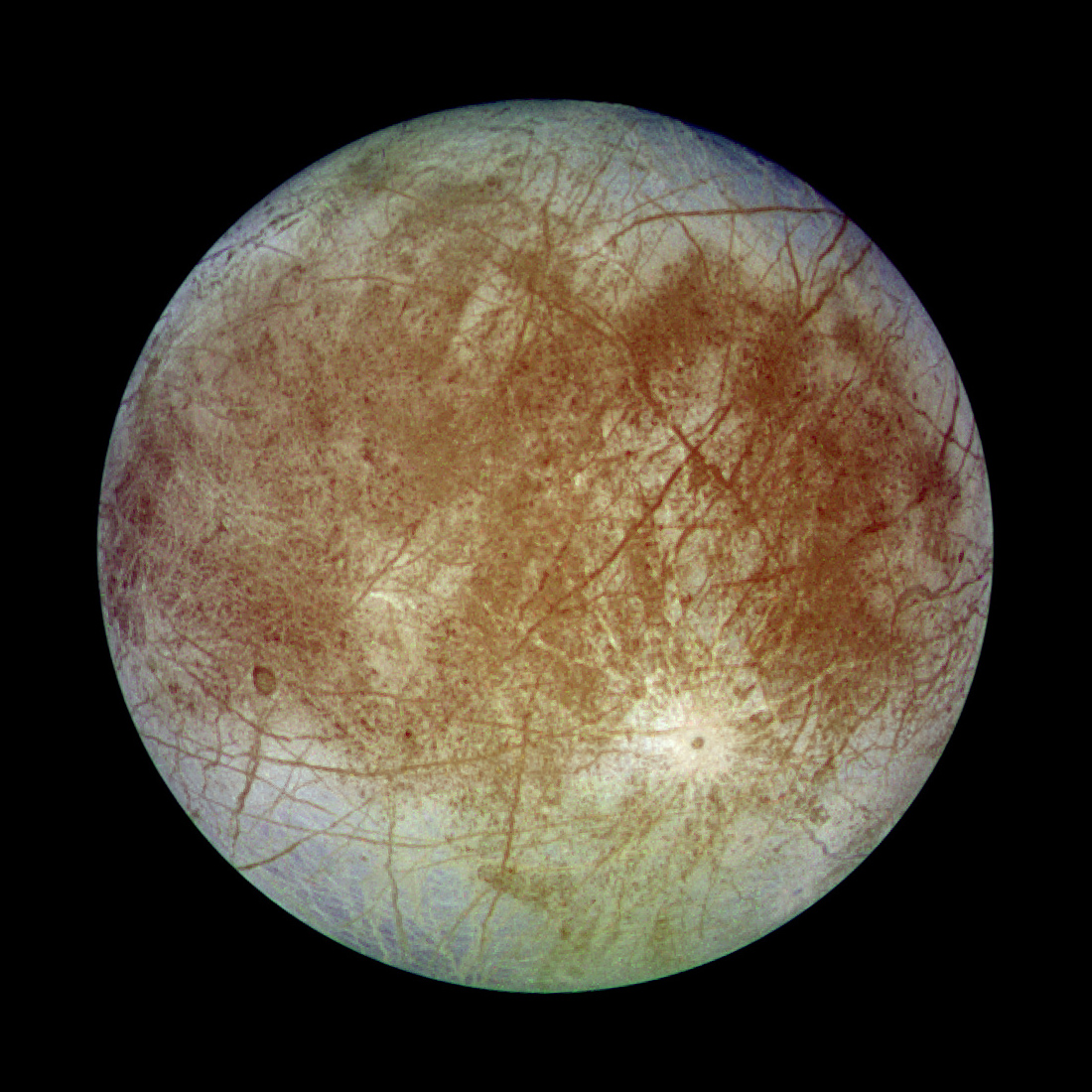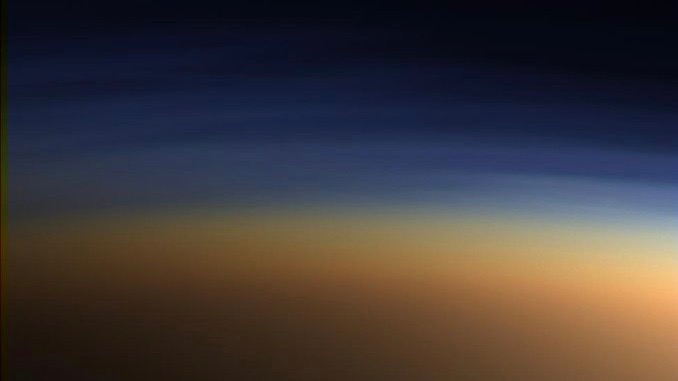
We will soon have the technological capability to measure the atmospheric composition of temperate Earth-sized planets orbiting nearby stars. Interpreting these atmospheric signals poses a new challenge to planetary science. In order to understand the degree to which we will learn of terrestrial planets from their atmospheres, I use the mystery of early Mars as a case study. I describe how we leverage models to learn of Mars’ ancient past, and make the case that this will be a very similar problem to the characterization of terrestrial planets with JWST. Then, I lay the framework for an information content-based approach to optimize our observations and maximize the retrievable information from exo-atmospheres. First I test the method on observing strategies of the well-studied, low-mean-molecular weight atmospheres of warm-Neptunes and hot Jupiters. Upon verifying the methodology, I finally address optimal observing strategies for temperate, high-mean-molecular weight atmospheres (Earths/super-Earths) and discuss what we can hope to learn from terrestrial exoplanets.
 Getting Under Europa’s Skin
Getting Under Europa’s Skin Tracing Formation and Evolution of Outer Solar System Bodies Through Stable Isotopes and Noble Gas Abundances
Tracing Formation and Evolution of Outer Solar System Bodies Through Stable Isotopes and Noble Gas Abundances Photosynthesis, a Planetary Revolution
Photosynthesis, a Planetary Revolution Xenon: King of the Gases
Xenon: King of the Gases